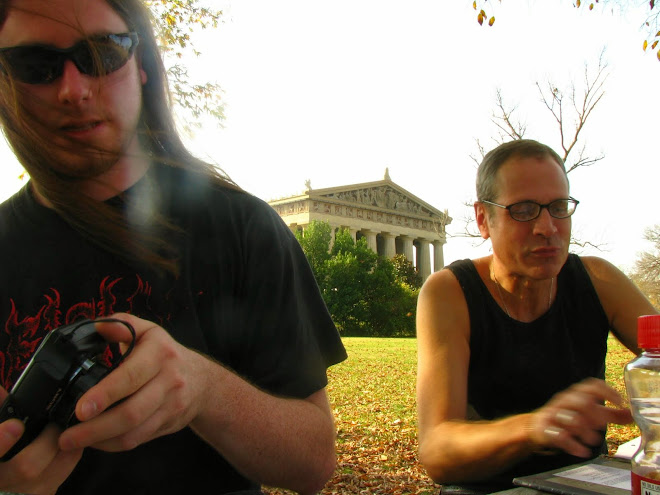Tuesday, March 31, 2015
Charlie Hebdo is our friend: French journalist Zineb El Rhazoui speaks in Chicago
On March 26th the Alliance Francaise de Milwaukee presented a webinar to a small audience about the Paris-based satirical weekly paper Charlie Hebdo. It inspired me to wear a "Je suis Charlie" button for the first time. Amidst news of fresh attacks on civilians in the Arab world & renewed threats against outspoken journalists everywhere, Charlie Hebdo stands tall - he just keeps on publishing.
For those of you living in a cave, the offices of Charlie Hebdo (relaunched in 1992) were brutally attacked on January 7, 2015. Two radical Islamist gunmen killed twelve Charlie Hebdo staff-members as well as a pair of French policemen. The state had sent police officers to guard the premises following a firebombing in late 2011.
As a matter of fact this event, hosted by the University of Chicago & co-sponsored by Alliance Francaise & the French consulate of Chicago, was postponed due to terrorist threats against the speaker, Charlie Hebdo's religion correspondent Zineb El Rhazoui. Addressing a large & lively academic crowd in the Windy City in late March, Rhazoui gave a moving & uncompromising defense of free speech - even when its fruits offend some readers.
Arguing that the so-called Free World cannot ban "blasphemy" without undermining the principle of freedom itself, Rhazoui asserted that papers like hers have a duty to criticize society's foibles & delusions. Their work is meant to make readers feel uncomfortable, she explained.
Hired by Charlie Hebdo in 2009, when the revolutionary Arab Spring movement was in progress, Rhazoui noted that an Algerian native named Mustafa was killed in the January attack simply because he worked for the paper. A native of Morocco herself, Rhazoui was forced into exile as a result of her feminist activism & outspoken stance against the regime of that kingdom on Europe's doorstep. She said that the large & diverse Muslim community in France, including the policemen Abdul who was also killed that sad day in January, is well established but only partially integrated into French society.
Rhazoui is fearless. Having studied Islam for 16 years, she wrote a biography about the Prophet Muhammed. She claimed that the Koran does not forbid depictions of the Prophet - despite what ideological extremists may claim when justifying the assassination of political cartoonists or documentary filmmakers (e.g. Theo van Gogh in Holland in 2004). State religion, such as is found in Saudi Arabia or the fledgling ISIS "caliphate" in Syria & Iraq, necessarily becomes oppressive & barbaric, she argued.
Rhazoui took to task those newspapers (including some commenters in The New York Times & The Washington Post) that criticized Charlie Hebdo. She said that by suggesting Charlie Hebdo's editors provoked the January massacre by publishing crude assaults on Islam, these Western papers failed to grasp the fundamental value of a free press. She said that many people have a misinformed image of the Parisian paper, noting that there have been only three covers featuring anti-Islamist-extremist subjects in its 30-odd years of existence. The first cover after the attack featured a brilliantly simple cartoon of Muhammed holding a sign reading "All is forgiven, I am Charlie."
Calling the Kouachi brothers, the self-described "Muslim" gunmen who murdered her colleagues, merely "stupid," Rhazoui instead blamed the hateful ideology that inspired them. Yet she also displayed compassion towards the fanatical killers, forgiving them for the attack on fellow French citizens. Charlie Hebdo's circulation jumped from 10,000 to over 200,000, as support from media & free-speech advocates poured in from around the globe. An impassioned Rhazoui lamented the loss of her "intelligent" colleagues at the hands of armed zealots.
The French reporter, whose English is quite good, was introduced by University of Chicago law professor Geoffrey Stone, who reminded the audience that free expression is important because, in part, it helps further democracy by requiring tolerance & civility. Would-be censors dwell in high places in every society, Stone noted. They must be resisted constantly, even in the USA.
As Supreme Court Justice Louis D. Brandeis wrote, "The greatest dangers to liberty lurk in the insidious encroachment by men of zeal, well meaning but without understanding." And he wrote this: "It is the function of free speech to free men from the bondage of irrational fears." That's why I'm proud, as an American born in West Germany, to display my "Je suis Charlie" button.
Subscribe to:
Posts (Atom)

